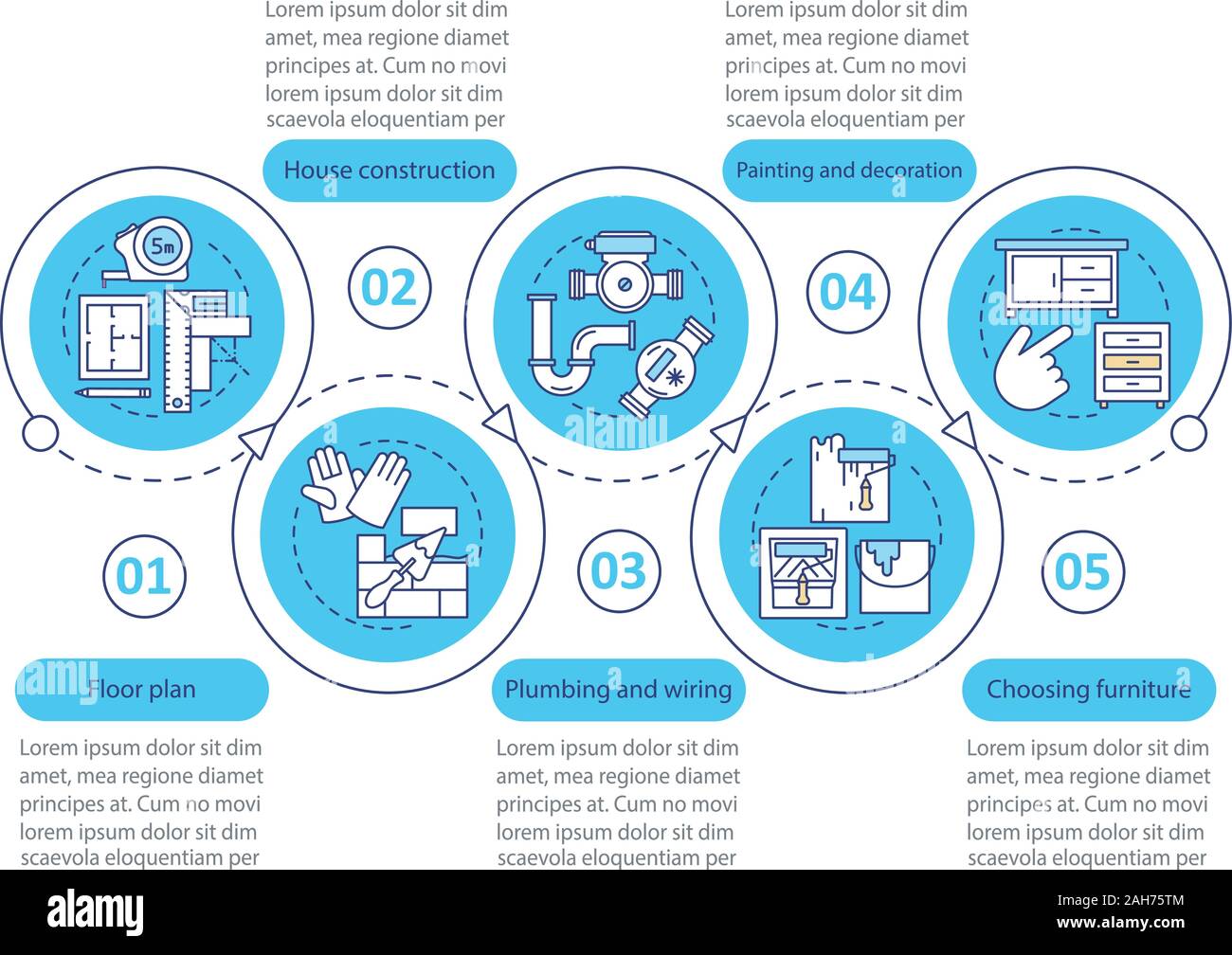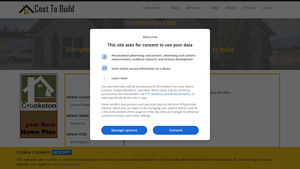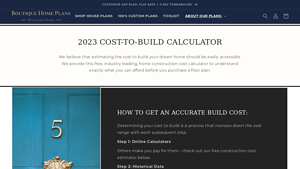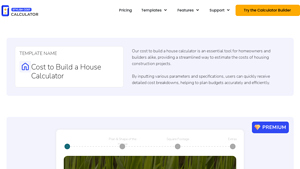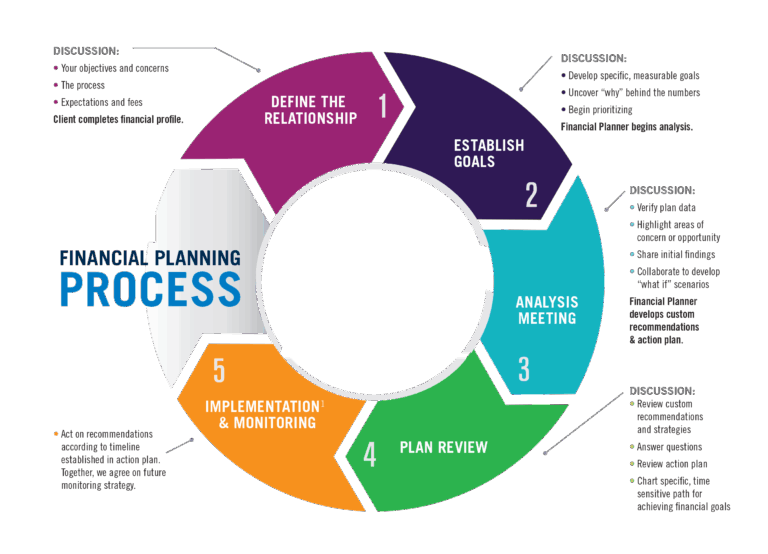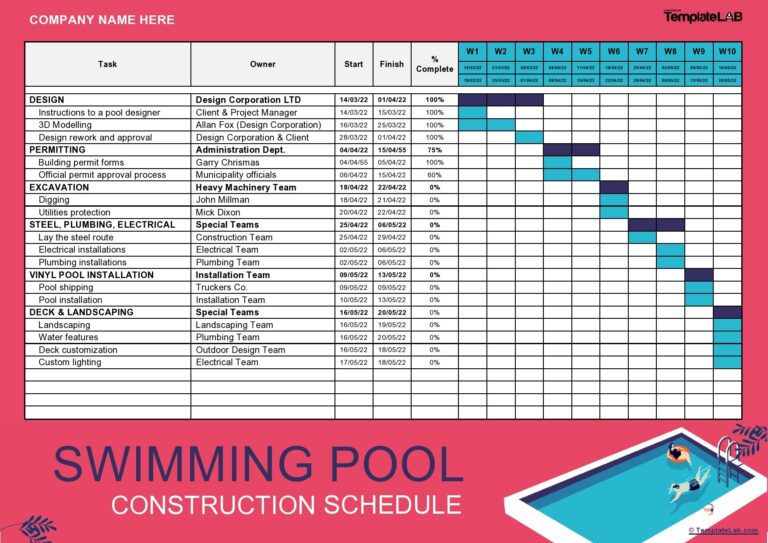Free House Building Calculators: Our Top 5 Picks for 2025
Finding the Best House Building Calculator: An Introduction
When it comes to building a house, one of the most crucial steps is accurately estimating the costs involved. However, finding a reliable house building calculator can be a daunting task. With a plethora of options available online, it can be challenging to determine which tools provide the most accurate estimates, are user-friendly, and cater to your specific needs. Many calculators fail to consider important variables such as geographical location, construction quality, and the complexity of the desired design, leading to potentially misleading results.
This article aims to simplify that process by reviewing and ranking the top house building calculators available online. Our goal is to save you time and effort, allowing you to focus on other important aspects of your home-building journey. We’ve meticulously analyzed various calculators to identify those that stand out in terms of accuracy, ease of use, and features.
Criteria for Ranking
- Accuracy: We prioritize tools that provide realistic cost estimates based on current market data and historical pricing.
- Ease of Use: A user-friendly interface is essential, allowing even novice users to navigate the calculator without confusion.
- Features: We examine additional functionalities, such as customization options, export capabilities, and guidance throughout the estimating process.
By considering these criteria, we hope to present you with a well-rounded selection of calculators that will aid you in budgeting for your dream home effectively. Whether you’re just beginning to explore your options or are ready to start planning, this guide will serve as your go-to resource for finding the best house building calculator to meet your needs.
Our Criteria: How We Selected the Top Tools
Key Criteria for Selecting the Best House Building Calculators
When reviewing house building calculators, we focused on a range of essential criteria to ensure that the selected tools are reliable, user-friendly, and comprehensive. Here are the key factors we considered in our evaluation:
-
Accuracy and Reliability
– The primary function of a house building calculator is to provide accurate cost estimates. We prioritized tools that utilize updated data from reputable sources, such as the U.S. Census Bureau, to reflect current market conditions. This ensures that users receive realistic estimates based on their specific project parameters. -
Ease of Use
– A good calculator should be intuitive and straightforward to navigate. We assessed the user interface of each tool, looking for clear instructions and a logical flow in the calculation process. Tools that minimize jargon and offer step-by-step guidance were rated higher, as they cater to users who may not have prior construction knowledge. -
Key Features
– Effective calculators should offer a range of customizable inputs to accommodate different building scenarios. Key features we looked for include:- Location-Based Adjustments: The ability to input the nearest city or region to provide location-specific pricing.
- Customizable Home Specifications: Options to select square footage, number of stories, and architectural styles.
- Material and Finish Options: Choices that allow users to specify the quality of materials and finishes, which significantly impact overall costs.
- Exportable Reports: The option to generate and download a summary report of the calculations for future reference or consultation with builders.
-
Cost (Free vs. Paid)
– We evaluated whether the tools offered free access or required payment. Free calculators that provide substantial value without hidden fees were preferred. We also considered the availability of premium features in paid tools, ensuring that they deliver significant enhancements over their free counterparts. -
User Support and Resources
– Access to additional resources, such as FAQs, tutorials, or customer support, can greatly enhance the user experience. We valued calculators that offer comprehensive support materials to assist users in understanding their estimates and the construction process as a whole.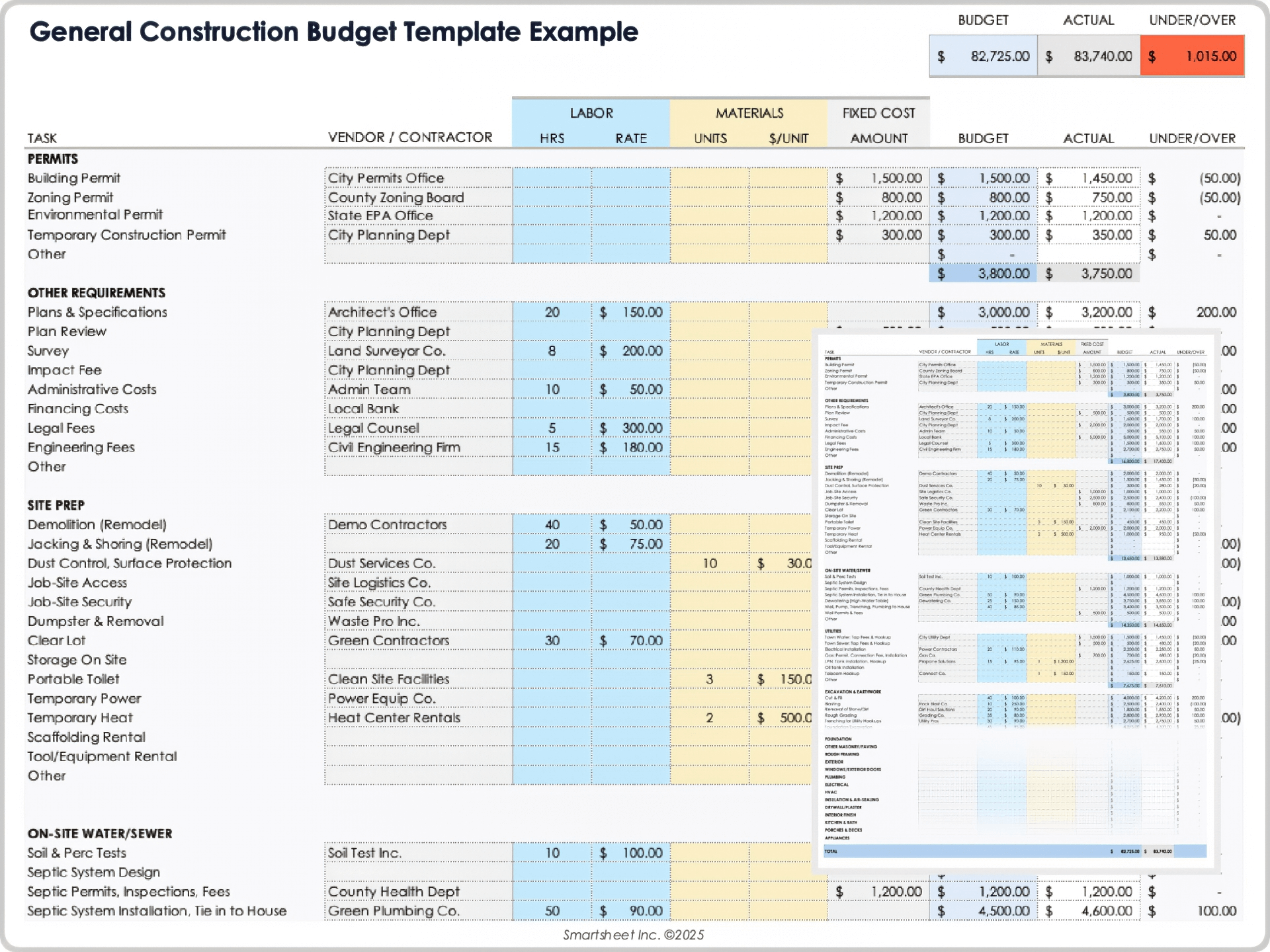
-
Customer Feedback and Testimonials
– User reviews and testimonials provide valuable insights into the effectiveness and usability of each calculator. We examined feedback to identify common themes regarding user satisfaction, accuracy of estimates, and overall functionality. -
Regular Updates
– The construction industry is dynamic, with costs fluctuating due to various factors. We prioritized calculators that are regularly updated to reflect the latest market trends and building codes, ensuring users have access to the most relevant information.
By applying these criteria, we aimed to identify the most effective house building calculators available, helping users navigate the complexities of estimating construction costs and ultimately making informed decisions for their dream home projects.
The Best House Building Calculators of 2025
1. Dream Home Calculator
The Dream Home Calculator by Forner Lavoy is an intuitive online tool designed to help users estimate the true cost of building their ideal home quickly and efficiently. With the ability to process over 100 inputs, this advanced calculator allows prospective homeowners to customize their budget and requirements, delivering accurate cost projections in as little as 15 minutes. It’s an essential resource for anyone looking to navigate the complexities of home construction planning.
- Website: dreamhomecalculator.com
- Established: Approx. 6 years (domain registered in 2019)
2. Calculator step 1 – Cost To Build
The “Calculator Step 1 – Cost To Build” tool on costtobuild.net is designed to help users estimate construction costs by allowing them to input key measurements, such as the main floor ceiling height. With a standard ceiling height of 8 feet as a reference, this calculator simplifies the budgeting process for building projects by providing tailored cost estimates based on user-specific dimensions and requirements. Its user-friendly interface makes it accessible for both homeowners and contractors alike.
- Website: costtobuild.net
- Established: Approx. 14 years (domain registered in 2011)
3. 2023 Cost to Build Calculator for House Plans
The 2023 Cost to Build Calculator from Boutique Home Plans is a free, user-friendly tool designed to help prospective homeowners estimate construction costs before committing to a floor plan. This industry-leading calculator allows users to input various parameters, ensuring they gain a clear understanding of their budget and affordability. By providing detailed insights into potential expenses, it empowers users to make informed decisions about their home-building journey.
- Website: boutiquehomeplans.com
- Established: Approx. 6 years (domain registered in 2019)
4. Cost to Build a House Calculator
The Cost to Build a House Calculator from stylishcostcalculator.com is a valuable resource for both homeowners and builders, designed to simplify the process of estimating housing expenses. This user-friendly tool allows users to input various parameters, ensuring a tailored cost analysis that accounts for individual project specifications. Its streamlined interface and accurate calculations make it an essential asset for anyone planning a construction project, helping users budget effectively and make informed decisions.
- Website: stylishcostcalculator.com
- Established: Approx. 5 years (domain registered in 2020)
5. build cost estimate websites? : r/Homebuilding
The Reddit thread titled “build cost estimate websites?” in the r/Homebuilding community discusses various online tools designed to provide free estimates for labor and materials involved in home construction. Users seek recommendations for reliable websites that offer accurate cost assessments, emphasizing the importance of validity in pricing to ensure informed budgeting decisions. Key features of these tools typically include user-friendly interfaces, customizable options based on project specifications, and access to regional cost data.
- Website: reddit.com
- Established: Approx. 20 years (domain registered in 2005)
How to Get the Most Accurate Results
Double-Check Your Inputs
One of the most crucial steps in using a house building calculator is ensuring that the information you enter is accurate. Small errors in your inputs—like square footage, the number of stories, or the type of materials—can lead to significant discrepancies in your estimated costs. Take the time to review each field before submitting your data. It’s also beneficial to have a rough idea of your desired specifications and preferences beforehand, as this will help you make informed choices when filling out the calculator.
Understand the Underlying Assumptions
Every house building calculator operates on a set of assumptions regarding costs, materials, and labor. For instance, some calculators may provide estimates based on average construction costs in your area, while others might consider factors like the quality of materials and design complexity. Familiarize yourself with these assumptions and how they might affect the accuracy of your results. If a calculator allows you to select different quality levels or styles, take the time to explore these options to find what best suits your vision and budget.
Use Multiple Tools for Comparison
To get a more rounded view of potential costs, it’s advisable to use multiple online calculators. Different tools may utilize various data sets and algorithms, which can lead to varying estimates for the same project. By comparing results from several calculators, you can identify a more realistic cost range and make better-informed decisions. This approach helps mitigate the risk of over-relying on a single source and allows you to spot any outliers in the estimates.
Consult Local Experts
While online calculators are incredibly useful, they can’t replace the insights gained from local professionals. After using the calculators to get a ballpark figure, consider reaching out to local builders or contractors for more tailored advice. They can provide insights into current material costs, labor rates, and any local building regulations that could impact your project. This professional input can refine your estimates and help you understand the nuances of building in your specific area.
Factor in Additional Costs
Remember that the estimates generated by house building calculators typically cover only the primary construction costs. It’s essential to consider additional expenses that may arise during the building process, such as permits, inspections, landscaping, and interior finishes. By planning for these extra costs, you can develop a more comprehensive budget that better reflects the total investment required for your dream home.
Keep an Open Mind
Lastly, maintain flexibility in your plans. Building costs can fluctuate due to changes in material prices, labor availability, and other market dynamics. Being open to adjustments in design or materials can help you stay within budget while still achieving a home that meets your needs. Remember, the goal is to create a space that you love while being mindful of your financial limits.
Frequently Asked Questions (FAQs)
1. What is a house building calculator and how does it work?
A house building calculator is an online tool designed to help users estimate the costs associated with constructing a new home. Typically, users input various details such as location, square footage, design features, and materials. The calculator then uses this information to generate an estimated cost based on current market rates and historical data, allowing users to better understand their potential budget.
2. Are the estimates provided by house building calculators accurate?
While house building calculators can provide valuable estimates, it’s important to remember that these figures are often based on generalized data and assumptions. Factors such as local labor costs, material prices, and specific project requirements can significantly affect the final cost. Therefore, while these tools are useful for initial budgeting and planning, it’s advisable to consult with local builders or contractors for more precise estimates.
3. Can I customize my home design using a house building calculator?
Many house building calculators allow for a degree of customization, enabling users to select different design features, materials, and layouts. Users can typically adjust parameters like square footage, number of stories, and specific amenities to see how these choices impact the overall cost. However, the extent of customization may vary by calculator, so it’s best to explore multiple options to find one that meets your needs.
4. Do I need to create an account to use a house building calculator?
Most house building calculators are designed for ease of use and do not require users to create an account. Many are free to access and allow users to input their information and receive estimates without any sign-up process. However, some tools may offer additional features, such as saving progress or exporting reports, which might require account creation.
5. How can I improve the accuracy of my cost estimates when using a calculator?
To enhance the accuracy of your cost estimates, start by gathering as much detailed information as possible before using the calculator. Consider factors such as the specific location of your build, desired square footage, and any unique design elements you plan to include. Additionally, consulting recent historical data for home sales in your area and speaking with local builders can provide further insights into material costs and labor rates, leading to more precise estimates.
Important Disclaimer
⚠️ Important Disclaimer
The information and reviews in this guide are for educational purposes only and are based on publicly available information. We are not affiliated with any of the tools mentioned. Features and pricing may change. Always conduct your own research before choosing a tool for your needs.
